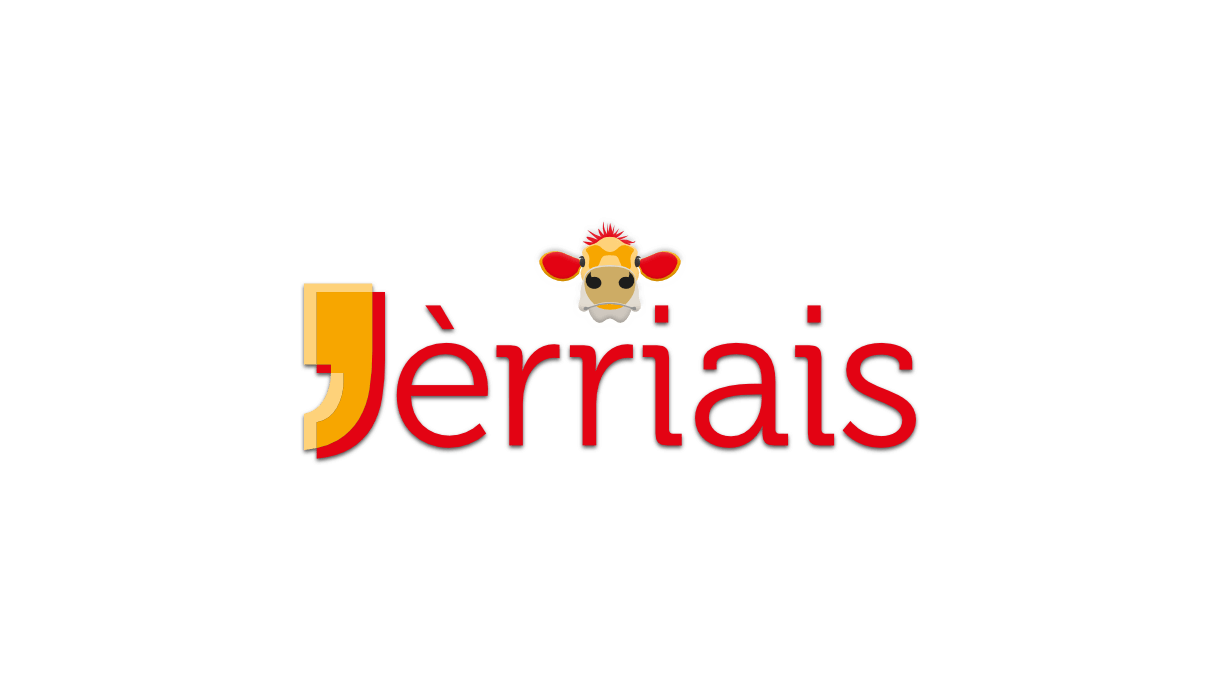We were discussing ways of saying “in”, and that brings to mind a question we were asked a few days back: why do we say “dans l’aithe” meaning “on the floor”? It’s just a standard phrase. There’s a diton: “tchaie du solyi dans l’aithe” (fall from the hayloft to the ground – be brought low).
And here are some more idioms with “dans”:
- dans l’aithe = on the ground, on the floor
- dans eune belle ambette = one fine day
- dans tchique avolée = one of these days
- dans deux fis d’coton = in a jiffy
- dans la dgeule des loups = in the lion’s mouth
- dans tchique êcappée = one of these days
- dans tchique engambée = one of these days
- dans tchique mathée = one of these days
- dans un rédgulyi = usually
- dans tchique satchet = one of these days
And here are some with “en”:
- en amont = up, uphill
- en auprès = henceforth, thereafter; later on
- en ava = downward; downhill
- en avalrague = in ruins
- en badinn’nie = for a laugh
- en bapaume = at a loose end
- en bêclian = aslant
- en biheinedaine = topsy-turvy, upside down
- en blio = as a body; in large quantity
- en boête = in jail, in clink
- en bouôn trînme = in good shape
- en c’mîn = on the way
- en d’lacres = dilapidated, in ruins
- en d’rive = in a mess
- en d’sastre = bankrupt
- en faichon = under construction, being made
- en fait dé = as for
- en fouleboulque = in disorder
- en gambe dé tchian = any old how
- en hahan = furious
- en l’heu = presently, just now
- en margalot = squashed, crushed
- en pliaiche = in place
- en plian = in the lurch
- en pliein = in abundance, galore
- en t’nanche = in one piece, in good order
- en trian = triangular

